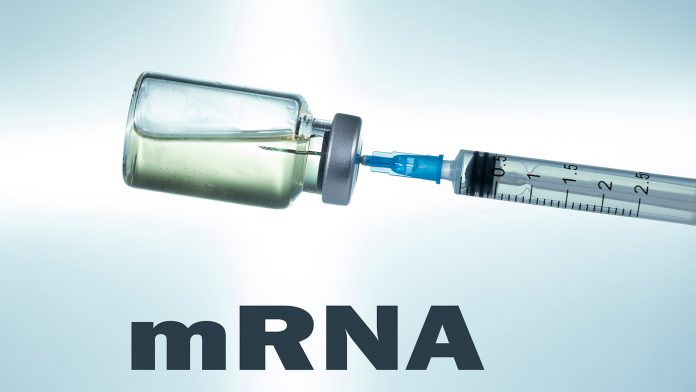
Defence Therapeutics has announced a groundbreaking achievement, demonstrating that its Accum®-mRNA lipid nanoparticles elicit twice the antibody response of mRNA-based vaccines.
The company’s encapsulation strategy, utilised in the creation of Accum®-mRNA lipid nanoparticles (LNPs), has yielded remarkable results, showcasing an antibody response that is twice as potent as conventional mRNA LNPs.
These findings lay a solid foundation for the continued advancement of Defence’s mRNA vaccine pipeline.
Sébastien Plouffe, the CEO of Defence Therapeutics, remarked on the groundbreaking achievement: “The rapid expansion of mRNA vaccines, particularly in the field of cancer therapeutics, is set to revolutionise healthcare over the coming decade.
“Defence is committed to harnessing the potential of Accum® technology in mRNA vaccination opportunities, which are poised to enhance induced immune responses significantly.”
Analysing the performance of Accum®-mRNA lipid nanoparticles
The pivotal in vivo study, conducted with two primary objectives in mind, explored multiple LNP formulations and gauged their respective induced immune responses compared to standard mRNA vaccines.
Employing a prime-boost vaccination protocol, the study spanned a four-week duration, with animal bleeding conducted every two weeks and antibody titers quantified through Enzyme-Linked Immunosorbent Assay (ELISA).
Among the various LNP formulations scrutinised, one formulation containing Accum® emerged as the frontrunner, evoking a significantly heightened antibody response when compared to the other groups.
Next stages of development
Looking ahead, Defence plans to design additional studies, with preparations already underway to investigate varying concentrations of the selected LNPs. Once the optimal dosing regimen is determined, a validation study will be initiated, focusing on cancer-bearing mice to assess the therapeutic efficacy of the LNPs.
In this scenario, the animals will receive transplants of solid tumours expressing experimental antigens, followed by prime-boost vaccinations administered either alone or in conjunction with immune checkpoint blockers such as anti-PD-1.
Accum® has been extensively evaluated across a spectrum of applications, encompassing protein- and cell-based vaccination modalities. It has consistently demonstrated its ability to enhance therapeutic potency significantly.
Defence is confident that Accum® will enhance the stability of mRNA molecules by reinforcing their structural integrity, augmenting their bio-accumulation, and facilitating efficient translation within target cells. These advancements are anticipated to result in a more robust immune response, as the recent LNP vaccination study exemplifies.
Defence Therapeutics’ pioneering work in the realm of mRNA vaccine development holds promise for the future of healthcare and the advancement of cancer therapeutics.
As the company continues to blaze new trails, the potential for enhanced immune responses and improved patient outcomes looms large on the horizon.



















